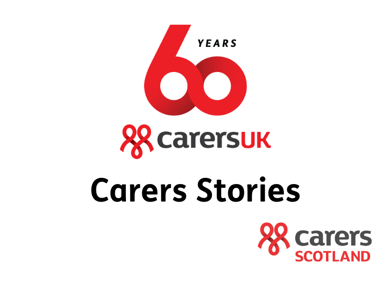Transitions
By Patricia Walder
It was Boxing Day, almost ten years ago when I first saw her. Just before midnight. She was walking down the stairs and in the harsh strip lighted building she looked completely shattered. She was looking around, saw me and asked if I could hear the noise. I suppose I must have looked puzzled.
“It must be a trapped animal inside the building,” she said.
“That sound came from you, it was you,” I replied.
A few days later I saw her again. Clutching a sheaf of papers she was sitting with a young man. But she looked detached and traumatised. I heard the social workers and psychiatrist invite them into the office. Much later at the end of my shift they were still in the visitors’ area and I was shocked to see she seemed diminished, faded, as if the spirit had drained out of her.
Over the next few weeks depending on my shifts, I saw her on the ward. Regularly she was with the young man. She, talking to him, sitting close clasping his arm or hand. He, distant, mute and sedated barely acknowledging her at times. The only time he seemed to respond was when she gathered herself to leave and we all could hear him sobbing, begging her to take him home. Inevitably her face crumpled and she began to weep quietly hugging him tightly. Often security were called to restrain him as he clung so desperately to her, first begging her to rescue him then as he realised he was being detained he shouted vile abuse at her.
When she was waiting in the visitor area, she always avoided eye contact. Her body language clearly stating leave me alone. One evening the whole ward seemed in uproar. There were new admissions many of whom were acutely unwell. The racket seemed to consume the whole ward. The young man was distressed and agitated. I was just finishing in one of the offices and I asked if they would like to sit quietly in there. For the first time since I saw her on that Boxing night, she looked at me directly. I was shocked to see her face. She looked like she had aged 10 years. Grief was etched into her face. But she smiled and accepted my offer of sanctuary.
The winter flu bug hit the hospital and I was assigned to different wards. Towards the end of January I saw her again. She was with an older man waiting outside a meeting room. He was carrying some papers and she was making notes as he referred to different points of text. She looked up and smiled at me. Later that day she sought me out to tell me that in the office she found some information pamphlets. Through that she contacted an advocacy service which had helped arrange some escorted leave. She thanked me for my help.
Throughout that winter the ward seemed to have a stream of complex cases. I seldom saw the woman and young man except in the evenings when she was escorting him back from leave.
Time went on. New employment contracts meant I was assigned to different departments within the hospital.
Intermittently I would see her waiting in outpatients, or him in the treatment rooms. We exchanged a few general greetings, no more than that. She seemed more assured and inquisitive, frequently making notes.
About two years later I was at work when I saw him being escorted by the police on to the ward. He was compliant, withdrawn and taken into the quiet area. For months after I saw her visit regularly. She seemed different somehow, older but less subservient. Often she was carrying papers, requesting appointments to see the nurse in charge. Several times she was accompanied by another visitor, readily identified by the lanyard. The young man left for smoke breaks now and appeared to be more unkempt. But soon she was collecting him to take on leave and within a few months they disappeared from the life of the ward again.
From time to I would see them in outpatients. He was bigger now, smoked heavily, his illness seemed to grip him more tightly. She was regularly with him, still supporting him. Whenever I saw him on the ward he was withdrawn, isolated from the activities.
Years later I was finishing a late shift and as I left I saw her in the outpatients’ corridor chatting and moving chairs into a committee room. She stopped and came over to me.
“I often think about you,” she smiled. “Taking us into that quiet room saved my life.”
“How?” I was bewildered.
“Until I found all that information about support groups and other material, I was so alone and isolated. I didn’t know anyone with mental health problems. I felt guilty, ashamed, a failure as a mother. I didn’t realise that I was a carer, I was just a mum.”
“Your group are waiting to begin,” I heard her friend call out. “We need our leader.”
She laughed as she introduced me to her friend.
“This gentleman helped me when I was at my lowest. He signposted me towards all the advice and support organisations. No other professional ensured that that no one should have to care alone.
“Not a professional, I am only a cleaner.” I answered.
Latest updates

60th Anniversary Stories: In Praise of Young Carers – Pearls (Poem)

Carers Scotland 60th Anniversary Reception and Exhibition

Government confirms benefit increases for 2026-27, including rise in Carer’s Allowance and earnings threshold
Got a question about caring?
Every day we hear from people who need help with looking after a friend or family member
Become a member for free
Joining Carers UK is free and takes just a few minutes.

